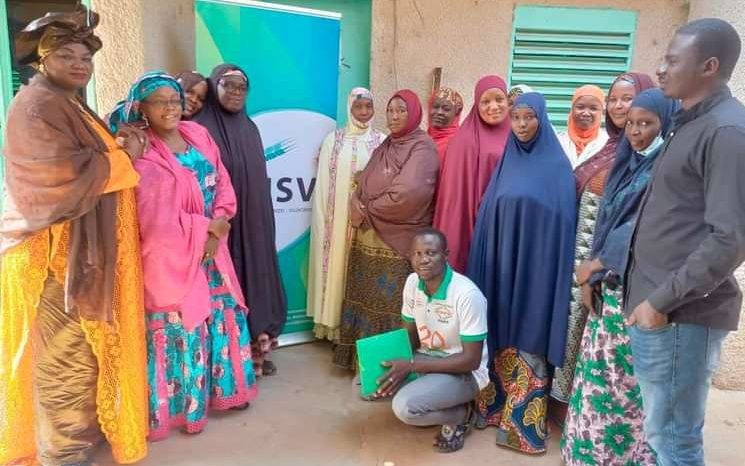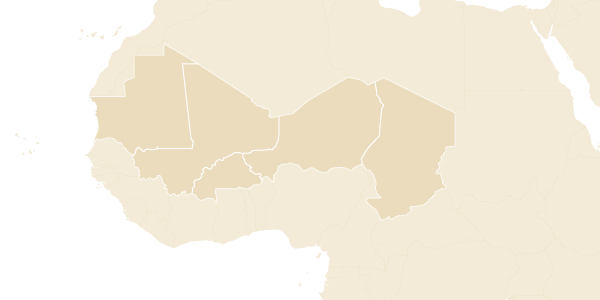In Niger, rates of food insecurity and malnutrition, in particular child malnutrition, are among the highest in the world, with particularly serious consequences for women and children. The vulnerabilities of Niger’s population are aggravated by various contextual factors, such as the effects of climate change, the socio-political crisis in the Sahel region and the economic crisis exacerbated by the Covid-19 pandemic.
Funded by Italian cooperation, the “Women in Action” project has two main objectives:
- Supporting the resilience of vulnerable populations in the Tillabéry region by reducing their vulnerability to environmental shocks and food and nutritional insecurity.
- Promoting a multi-level strategy to improve the living conditions of the people of Tillabéry and Say, in particular women and children under the age of five, by improving access to services to prevent malnutrition and to healthy, local and nutritious food.
The activities carried out focus on two sectors: agriculture and food security, and health.

Agriculture and Food Security
Activities were carried out at two main levels:
- Distribution of food products and self-production equipment to provide immediate support to 400 women in vulnerable situations and ensure that they can provide for their families through healthy and nutritious production. Training and awareness-raising activities were carried out on nutrition education, child nutrition during pregnancy and breastfeeding, and methods to identify child malnutrition.
- Developing guidelines to clean up the markets in Say and Tillabéry, based on the successful example of Niamey as part of the Milan Pact for an urban food policy. 200 women food sellers and 16 groups of women producers and processors of agri-food products learned the technical skills and resources needed to add value to local agri-food products and improve food hygiene on local markets, in line with the social protection policies of the municipalities of Say and Tillabéry.

Health
With regard to health, targeted actions were taken to tackle malnutrition. Staff in charge of child malnutrition received capacity building and 5 health centres were equipped. As a result, 71 health workers were trained to provide malnutrition prevention and treatment services for women of childbearing age and children in Say and Tillabéry.

Direct Beneficiaries of the Project
- 400 vulnerable women and their families (around 1,200 people) received food kits and self-production equipment, and were involved in programmes on nutritional education, prevention and identification of malnutrition.
- 11 civil servants from the municipalities of Say, Tillabéry and Niamey took part in the food policy workshops.
- 403 women involved in food production and processing, grouped into 16 social cooperatives, received equipment and training to improve production, processing and food hygiene.
- 300 women vendors from local markets in Say and Tillabéry received training and equipment to ensure the safety of their products.
- 20 market delegates and neighbourhood representatives received training in food security and market hygiene.
- Over 10,000 inhabitants from Say and over 20,000 inhabitants from Tillabéry benefitted from activities linked to market hygiene and discussions on improving urban food policies.
- 71 staff members from 5 health centres received training in nutritional support for pregnant women and young children.
- 525 mothers and their children received hygiene and health kits, following situations of moderate and severe malnutrition;
- Over 4,000 mothers have been involved in nutrition education activities, open days and awareness-raising campaigns on best practice in child nutrition.
- Over 183,000 inhabitants from the Say and Tillabéry districts were reached by a campaign to raise awareness on best practices in child nutrition, which represents an estimated 30% of the total population.
Over 600,000 people in the Tillabéry and Say districts are estimated to be indirect beneficiaries.
More info
Niger


Fields of action


